Kevin Wilhelm, author of Return on Sustainability and Making Sustainability Stick, has released his new book Sustainability Jobs: The Complete Guide to Landing Your Dream Green Job, co-written with Annie Thomas, Katie Thompson and Ruth Lee. The book is for people looking to get into a green career. Topics covered include where to look for green jobs, network building, personal branding, tips on successful interviewing, getting fluid on pitching your best self, resume-building advice for the green economy, and more.
In the beginning of the book, the authors produce a list of questions to help readers guide their career choices and action path. These help a reader assess their strengths and weaknesses, hone down their search to get specific on the type of career they’re looking for, and point the direction on how to find those types of jobs. A system flow chart provides readers the chance to see their job search from the angle of a 30,000 foot view, and spot any rough patches or difficulties. One of those, for instance, would be recognizing that you may not be qualified for the exact job you’d love to have, in which case, the authors provide a pathway forward to getting qualified.
The breadth and depth of the green economy is covered, helping readers expand their current worldview of what a sustainability job is. There are a lot more green jobs than just in the CSR department, and the authors cover what a green job in the accounting department might look like, among many others. Flipping that on its head, the authors also provide a table of what kinds of green jobs you might be able to look for based on your educational background (e.g., what jobs might need chemistry knowledge, or sociology, or…).
As networking is fairly universally accepted as the best way to find work, the authors go into depth about how and when to do networking in the most effective way possible. This includes who to talk to as well as who not to talk to (to save your time and use it most effectively, in other words). It covers how to make networking feel less schmoozy and create genuine encounters that will help create better opportunities for you. Not into networking? No worries—it even provides a guide to networking for introverts, including getting to the event early to facilitate more one-on-one conversations, having pre-scripted conversation starters, and getting away from it all to recharge if you start to feel drained and need to take a break.
One of the strengths of the book is the sheer number of experts interviewed, including CEOs, Directors of Sustainability, Directors of Corporate Engagements, Directors of Sales, Executive Directors of NGOs, Analysts, and Chief Sustainability Officers. These people chime in throughout the book with helpful insider advice. In the section about building a “Three yes” resume (in other words, you want people to mentally think “yes” three times in the first 5-10 seconds when looking at your resume), Cynthia Figge, Chief Operations Officer at CSR Hub, for instance, says, “I look to see how well the person writes and conveys their qualifications and connects their hopes and dreams with the real needs of the job.”
The authors provide advice quotes from this panel of experts on topics ranging from Humility, Reality Checks, Business Case, Networking, and much more.
Overall the book is organized well and the material seems both grounded in reality as well as inspirational and motivational. Those looking for a career change and looking to get into the green economy to help make the world a better place while making a living will find many things of benefit in the pages of this book, and hopefully we can get more people working on real change as a result.
You can purchase the book here.


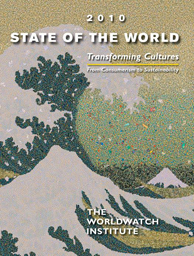
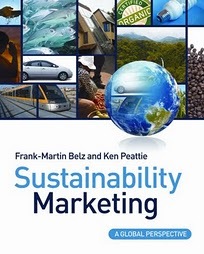
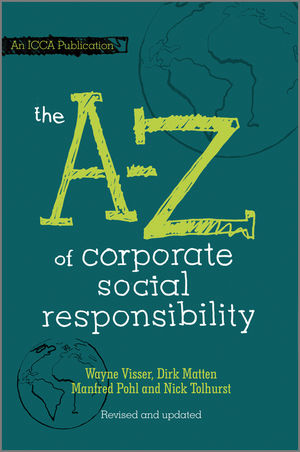
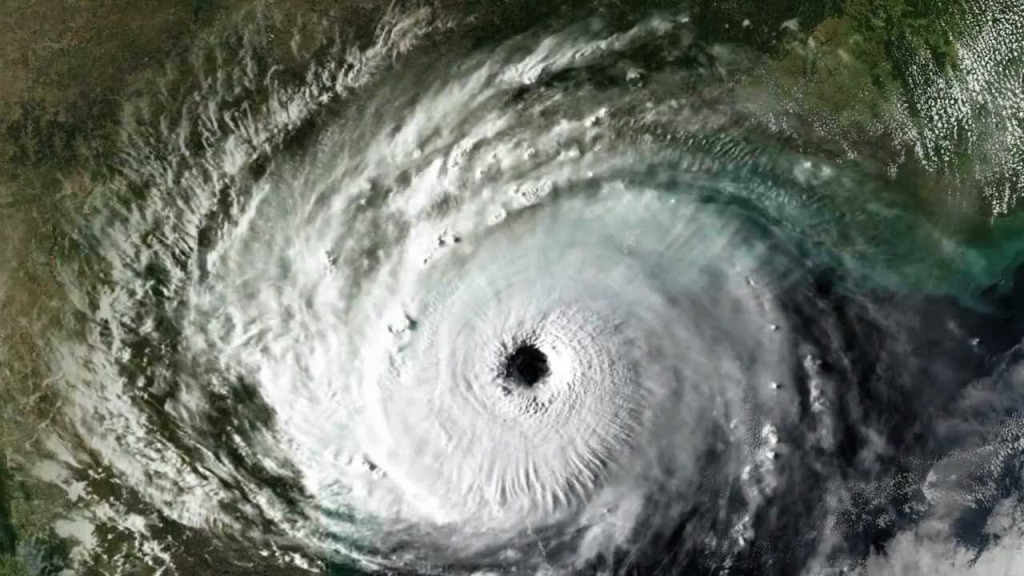
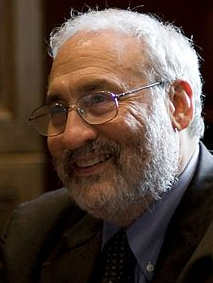
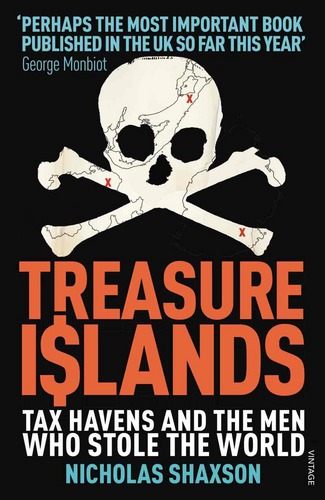

Starting a job in sustainable tech, agriculture or development would be an exciting new career. It is the way of the future and the key to our survival.